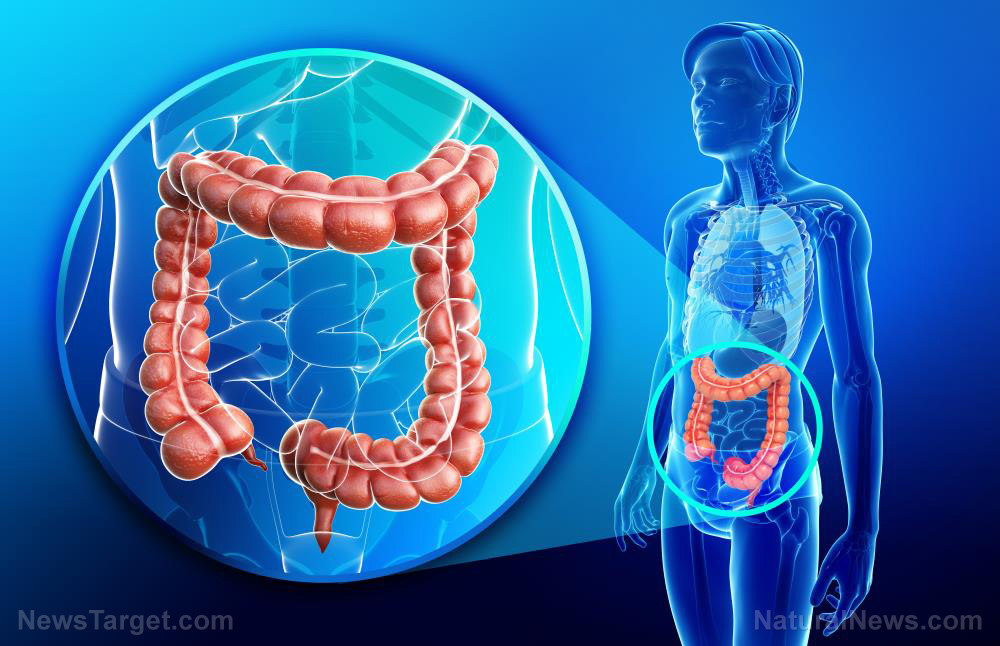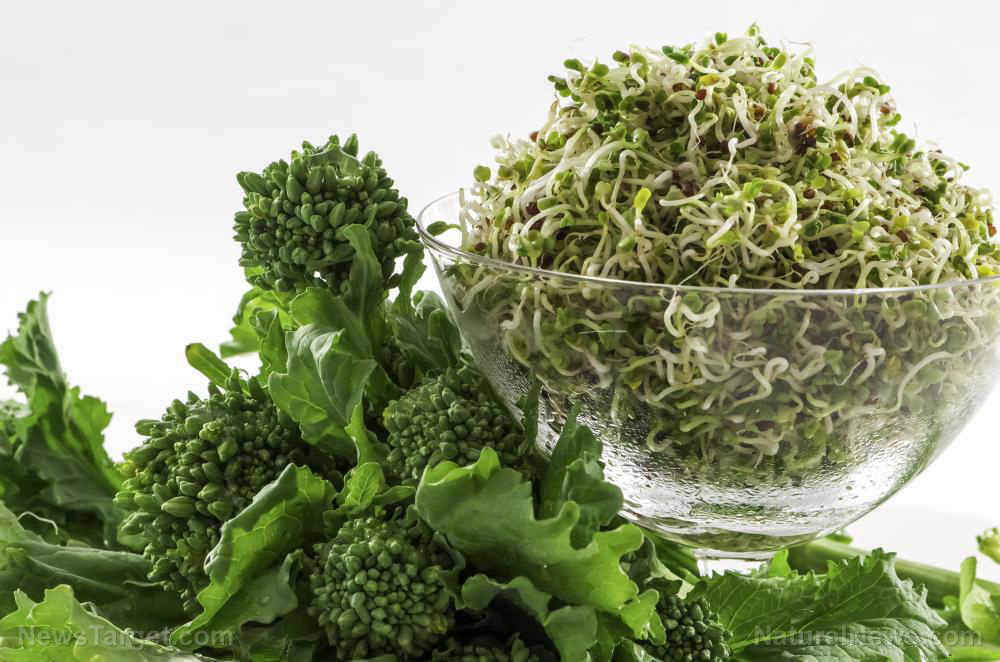Acrylamides in coffee … should you be worried?
12/30/2019 / By Grace Olson

Coffee is one of the most popular beverages in the world, one that’s enjoyed by millions of people across different cultures. However, despite its popularity and its health benefits, roasted coffee beans have been found to contain small amounts of a compound called acrylamide. But what is it, really? Find out below:
What is acrylamide?
Acrylamide is an odorless chemical used in different industries, including construction, textiles, and cosmetics. It is mostly used to produce polyacrylamide, a compound that treats effluent (sewage or liquid waste) from various industrial processes and water treatment operations.
However, it occurs naturally as well. In fact, cooking starchy foods using high temperatures produces this compound — a process called the Malliard reaction. Because of this, the compound is also often found in breakfast cereals, baked goods and potato chips. (Related: Say no to acrylamide: The 4 health risks associated with french fries.)
Roasting coffee beans also produces a small amount of acrylamide — although the amount produced will depend on the roasting time. As such. some varieties of coffee contain more acrylamides than others. Coffee substitutes derived from grains or chicory root contain the highest concentration of acrylamide, at 818 micrograms per kilogram (mcg/kg). In comparison, natural roasted coffee contains the least amount, at 179 mcg/kg. Instant coffee has acrylamide as well, containing up to 358 mcg/kg.
What are the health risks linked to acrylamide?
Excess amounts of acrylamide is dangerous. People working in factories and industries using acrylamide are the most vulnerable. Here are the known health risks associated with acrylamide:
- It can harm the nervous system – Workers who are exposed to acrylamide exhibit muscle weakness, clumsiness, and numbness in hands and feet, among others.
- It can interfere with one’s reproductive ability – Exposure to acrylamide can inhibit the ability of male animals to reproduce. There are suggestions that this may apply to humans as well.
- It can hinder the development of children – In animals, researchers observed decreased body weight, delayed development of motor skills and indicators of repressed learning ability, among others, when exposed to acrylamide. However, there are no reports that these same effects apply to humans.
It is important to remember however that these effects only stem from exposure to extremely high levels of acrylamide. Unless a person is an industrial worker who is in constant contact with the chemical, he is not likely to develop these conditions.
However, some studies are suggesting that eating foods with acrylamide – even at incredibly low amounts – may damage neurons. According to such studies, this can contribute to neurodegenerative diseases like Alzheimer’s disease, as its makeup is similar to acrolein, a compound found in the brains of people suffering from neurodegenerative diseases.
Is it carcinogenic?
According to a studies by the International Agency for Research on Cancer, the US National Toxicology Program and the US Environment Protection Agency, acrylamide is seen to be likely carcinogenic to humans. It is important to note, however, that this conclusion is based on animal studies. In fact, according to the American Cancer Society, further research is needed to properly determine if consuming acrylamide increases the risk of cancer in humans.
Is it time to stop drinking coffee?
Even though coffee does contain trace amounts of acrylamide, the drink’s inherent numerous health benefits far outweigh the perceived risk stemming from acrylamide. In fact, one review even pointed out that despite its presence in coffee, the researchers did not find evidence that drinking coffee can lead to an increased risk of cancer.
For coffee lovers out there, there is no need to give up your favorite beverage. If you are still worried about the acrylamide, avoid roasted coffee beans and get a cup or two of green coffee instead. If you truly want to reduce exposure to this compound, avoid processed foods and baked goods as well.
Find out more about potentially toxic compounds in your favorite foods and beverages at Chemicals.news.
Sources include:
Tagged Under: Acrylamide, Alzheimer's disease, baked goods, brain health, breast cancer, cancer, chemicals, coffee, Colorectal Cancer, Diseases, green coffee, industrial process, ingredients, Liver cancer, Malliard reaction, toxic ingredients
RECENT NEWS & ARTICLES
COPYRIGHT © 2017 PREVENT CANCER NEWS



















